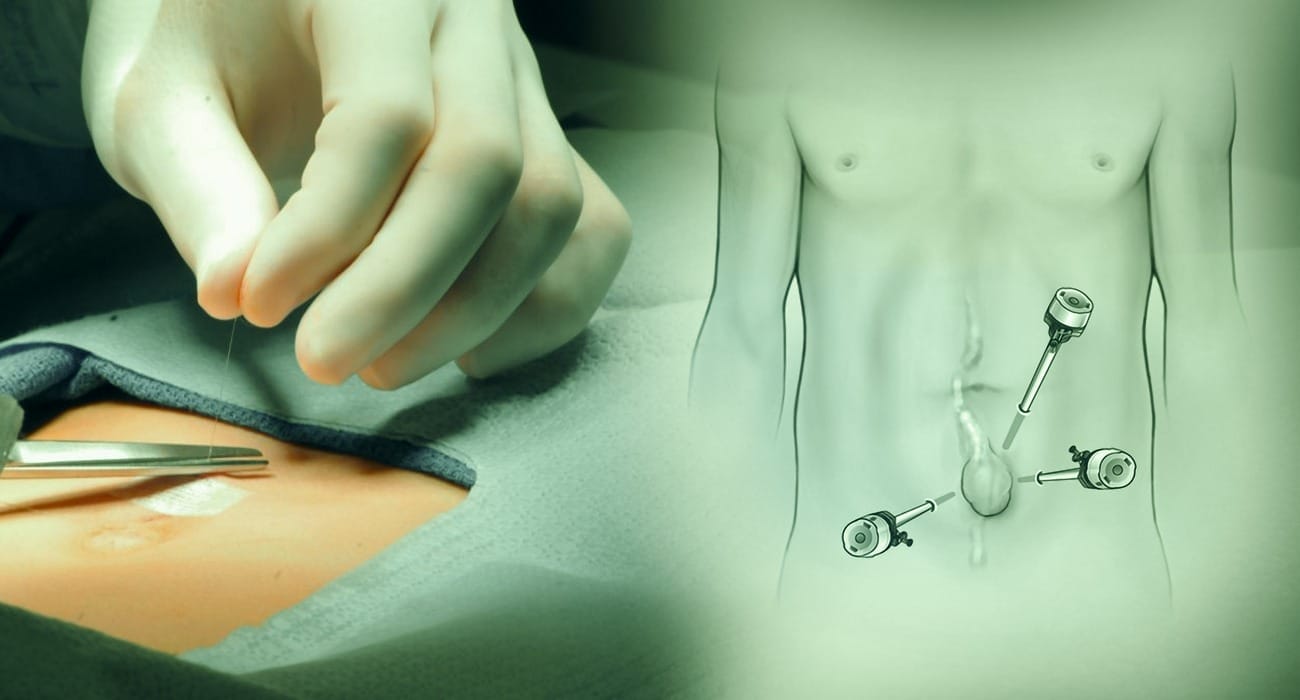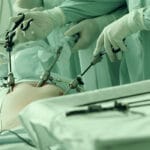Learn what to expect when visiting the Emergency Department. Learn More

A hernia is one of the most common surgical conditions worldwide. It occurs when an internal organ or tissue bulges through a weak spot in the surrounding muscles, often causing discomfort or a visible lump. While not always painful in the beginning, untreated hernias can grow larger and lead to serious complications. Hernia surgery provides a long-term solution by repairing the weakened muscle and preventing recurrence.
At Dhanashree Hospital, our specialist uses advanced techniques to ensure safe, effective, and lasting repairs for different types of hernias.
Common Types of Hernias
Inguinal Hernia: Occurs in the groin, more common in men.
Femoral Hernia: Appears near the upper thigh, more common in women.
Umbilical Hernia: Found around the navel, often seen in infants but can affect adults too.
Incisional Hernia: Develops at the site of a previous surgical scar.
Hiatal Hernia: The stomach pushes up through the diaphragm into the chest cavity.
Signs You Should Not Ignore
While some hernias may be painless, these symptoms signal the need for medical attention:
A lump or swelling that enlarges when standing, coughing, or straining
A heavy or dragging sensation in the abdomen
Pain that increases during physical activity
Redness, tenderness, or sudden severe pain at the hernia site (possible strangulation)
Digestive issues like bloating, nausea, or difficulty passing stool in advanced cases
The Goal of Hernia Surgery
Hernia surgery is not just about closing a gap in the muscle. It is about:
Restoring the strength of the abdominal wall
Preventing recurrence with mesh reinforcement when needed
Reducing pain and discomfort in daily life
Allowing patients to return to work, exercise, and normal activities without fear of complications
Surgical Options for Hernia Repair
- Open Hernia Repair
- The surgeon makes an incision directly over the hernia.
- The protruding tissue is repositioned, and the weakened muscle is reinforced with sutures or a mesh.
- Often used for large or complex hernias.
- Laparoscopic Hernia Repair
- Performed through small keyhole incisions using a camera and instruments.
- Recommended for bilateral hernias or recurrences after open surgery.
- Usually associated with quicker recovery and smaller scars.
Preparing for Hernia Surgery
- Complete evaluation of your medical history and lifestyle habits.
- Ultrasound or imaging tests to confirm diagnosis.
- Adjusting daily activities to avoid heavy lifting until surgery.
- Pre-operative fitness checks for safe anesthesia.
Recovery and Aftercare
Every patient’s recovery timeline is different, but general guidance includes:
Day 1–2: Walking is encouraged, pain is manageable with medication.
Week 1: Resume light chores, avoid bending or lifting weights.
Week 2–3: Desk job work may be resumed, depending on comfort.
Week 4–6: Full recovery for most patients, with clearance for exercise or sports.
Aftercare Tips:
Follow a fibre-rich diet to prevent constipation.
Maintain good posture when sitting or standing.
Avoid straining during bowel movements or coughing (seek medical support if chronic).
Use proper lifting techniques once you return to physical activity.
Risks If Hernia Is Left Untreated
Delaying surgery can lead to:
Incarcerated hernia – tissue gets trapped, causing persistent pain.
Strangulated hernia – blood supply to the tissue is cut off, requiring emergency surgery.
Progressive enlargement, making surgery more complex later.
Why Choose Dhanashree Hospital for Hernia Surgery
Specialist surgeon with extensive hernia repair experience.
Use of international-standard mesh techniques to reduce recurrence.
Patient-friendly facilities designed for comfort and quick recovery.
Focused post-operative guidance to ensure safe healing.
Your Next Step
Living with a hernia can affect your confidence, comfort, and health. The earlier it is treated, the better the outcome.
Talk to Our Hernia Specialist Today. Get expert advice on the best treatment for your condition and take the first step toward a pain-free life.


